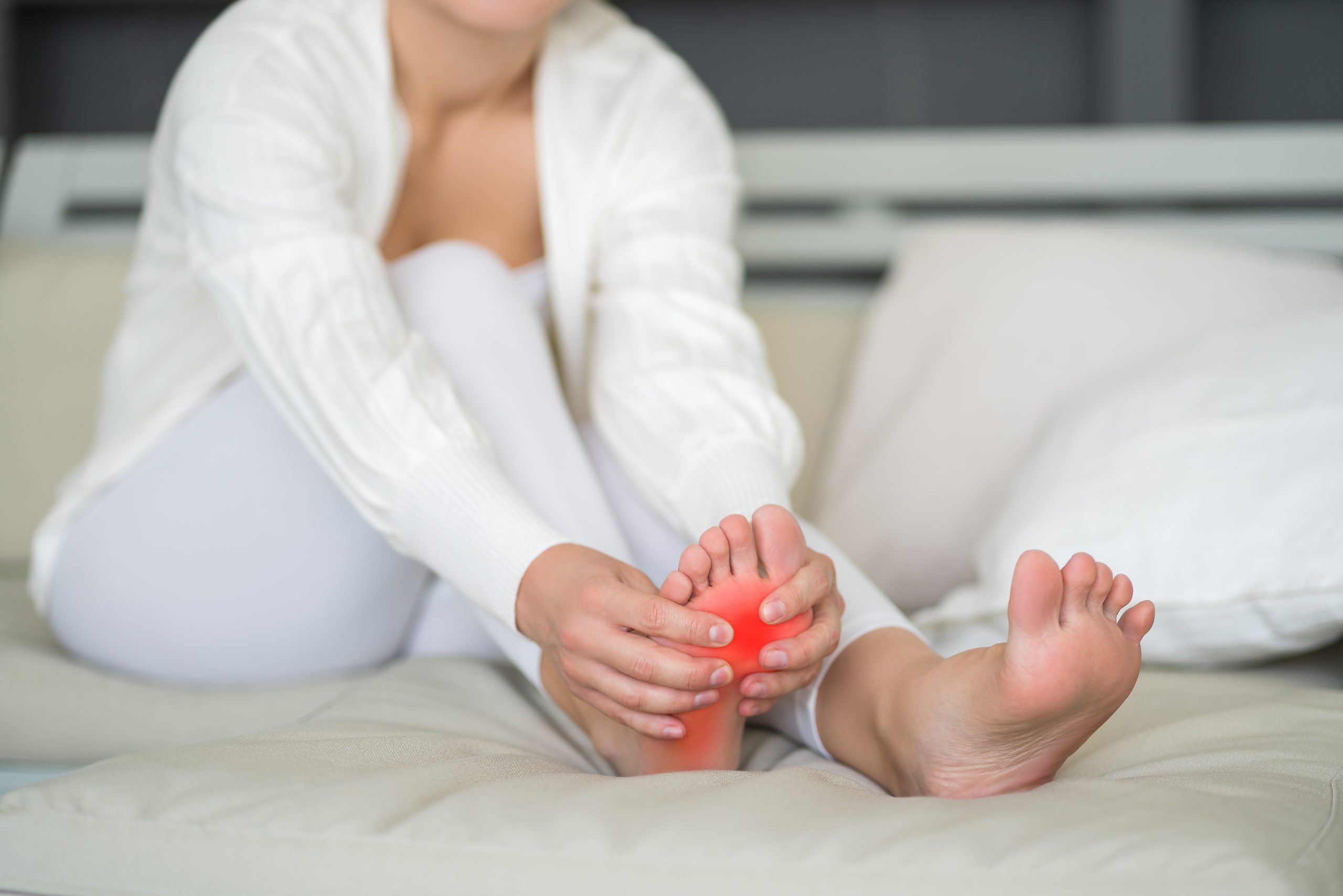Contrary to popular belief, arthritis does not just affect older people. What is arthritis, then?
Rheumatoid arthritis, psoriatic arthritis, and spondyloarthritis are the three most prevalent inflammatory diseases of the joints that are referred to as “arthritis.” Any joint in the body can develop arthritis, and this illness can express itself in a variety of ways. There are, however, techniques to recognize the signs and alleviate the pain.
The symptoms of arthritis
Numerous arthritis symptoms exist, making it sometimes essential to conduct various physical examinations and blood tests in order to determine which type of arthritis is affecting the patient.
All age groups are affected by arthritis, however, after the age of 40, the chance of occurrence rises and women are often more impacted than men. When arthritis is well-established, it is a highly crippling illness that drastically lowers the quality of life for the person who has it. Because of this, it is essential to take into account your symptoms, regardless of your age, especially if they make your everyday life uncomfortable. Reddened and swollen joints, trouble performing certain motions, or decreased mobility are indications that should be brought up with your doctor. The afflicted joints are probably inflamed, and carrying weight will likely make the discomfort worse.
Tips for preventing or easing arthritis pain
Even though rheumatoid arthritis can be genetically predisposed, there are steps that can be taken to avoid the disease or at the very least delay the onset of symptoms.
One of the keys to preserving excellent joint health is eating a balanced diet and keeping a healthy weight. Eating meals that are fried, processed, or high in sugar and salt might cause an inflammatory response. Contrarily, mixing up your diet with fruits, vegetables, spices, and oilseeds (for their high content of omega 3) helps to prevent extra weight in the joints and also relieves discomfort.
By incorporating exercise into your everyday routine, you can avoid leading a detrimental sedentary lifestyle. The proper footwear you choose is also crucial. Shoes that are not made for your body type or your preferred leisure activities may lead to an imbalance that, over time, will affect how quickly your joints wear out.
A physiotherapist might recommend specialized exercises to keep your joints flexible if you have arthritis. Once discomfort begins, it might be challenging to continue being active, but it is absolutely essential. Avoiding a joint cause it to harden more quickly.
Suffering from arthritis can be stressful, and unfortunately, the combination of arthritis and stress is not ideal. The ability to tolerate discomfort is increased by engaging in activities that help to quiet the mind, such as socializing, sleeping, and meditation.
Finally, a doctor can recommend the right medication to reduce the pain.
Osteoarthritis or arthritis of the foot
The terms osteoarthritis, gouty arthritis, psoriatic arthritis, and rheumatoid arthritis are frequently used to describe joint discomfort that affects the foot region.
While arthritis arises from a patient’s immune system or metabolic condition attacking the joints, osteoarthritis develops over time as a result of early wear and tear of joint cartilage.
The earlier the symptoms of foot arthritis are addressed, as is the case with most ailments, the simpler it is to treat them. See your doctor if you experience any of the following signs of foot arthritis to catch them early: stiffness in your foot and leg joints, deformity of the foot joints, pain when walking, decreased mobility, or swelling of the affected areas. This is especially true if it begins as soon as you wake up and lasts for more than 30 minutes.
The podiatrist may recommend orthoses, anti-inflammatory medications to treat foot pain, or cortisone injections depending on the disease’s stage. The doctor could recommend surgery as a last option if the foot arthritis is severely advanced.
How to treat your arthritis?
Did you recognize yourself in the description of these symptoms? You can get assistance from health specialists to evaluate your situation. Contact the FootNetwork clinic that is closest to you right away to discuss a treatment plan that can help you get back to living well.

